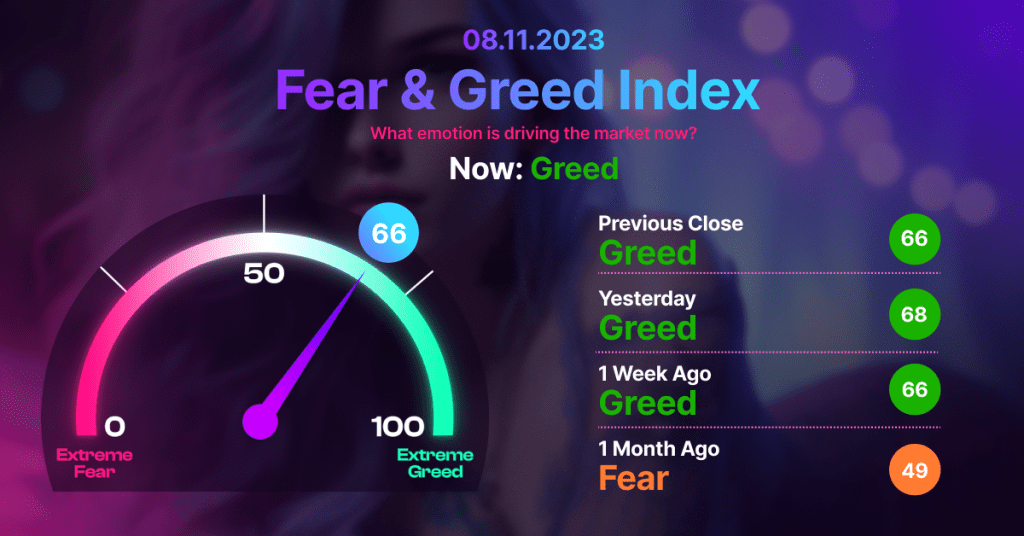The Simpsons launch a new collection of NFTs; Ripple facilitates transfers between countries; Kazakhstan blocks access to Coinbase!
The Simpsons first made fun of NFTs, then launched a new NFT collection.
The famous television series The Simpsons made fun of NFTs in a special Halloween episode. Opportunistic investors took advantage of the positive atmosphere created by this episode.
In their annual Halloween horror series Treehouse of Horror, The Simpsons made fun of NFTs in an episode called Wild Barts Can’t Be Token.
In the special, Homer accidentally gets Bart into a blockchain mint, and in the scenes that followed, the creators poked fun at NFTs, referencing collectibles like Bored Ape Yacht Club, Doodles and viral digital artist Beeple.
The Simpsons’ special poked fun at the speculative nature of NFTs and how the market feeds on anxiety.
Marge digitizes herself as an NFT when she realizes Bart is trapped in the chain. To rescue Bart, Marge fights her way between cars on a virtual train powered by uncertainty, battling NFT characters along the way.
The final joke about NFTs on The Simpsons occurs when Homer finally gives in to the uncertainty and mint himself as an NFT. The moment he does so, the train runs out of steam and the price of all NFTs drops to almost zero.
The Simpsons creators also parodied their own NFT collection, Golden Moments, which was first offered on Disney+ by NFT platform VeVe in November 2021.
Just hours after the episode aired, Italian parody artist Rino Russo launched an NFT project combining the likenesses of Simpsons characters with CryptoPunks.
The collection, dubbed Springfield Punks, was released in free-mint and quickly sold out due to the interest of NFT fans.
At the time of writing, the Simpsons Punks collection has earned 1,377 Ether. That’s equivalent to $2.6 million at current prices. With its trading volume, this NFT collectible was the third most traded on OpenSea in the last 24 hours.
Ripple and Onafriq partner to create new payment corridors in Africa, UK, Australia and the GCC
Ripple has signed an agreement with African mobile payments provider Onafriq to create new payment corridors between 27 African countries and Australia, the UK and the Gulf Cooperation Council (GCC).
Onafriq will use Ripple Payments’ blockchain technology with three partner companies. Zazi Transfer will provide remittance services to Australia, PayAngel to the UK and Pyypl to GCC members Bahrain, Kuwait, Oman, Qatar, Saudi Arabia and the United Arab Emirates.
Remittances account for a large proportion of cross-border payments to Africa. Aaron Sears, Senior Vice President of Global Customer Success at Ripple, said:
“Sub-Saharan Africa has emerged as a bright spot for crypto adoption, with consumers in countries like Nigeria, Kenya and South Africa using digital assets for real, everyday purposes.”
Pyypl is already a Ripple partner for its on-demand liquidity (ODL) solution, and Onafriq is reportedly integrating ODL as well.
Onafriq was known as MFS Africa until the beginning of November. It changed its name following its acquisition of US mobile payment software developer Global Technology Partners in June 2022. MFS is a trademarked company name in the US. Onafriq struck a deal with Western Union for cross-border transactions earlier this year.
Ripple Payments was known as RippleNet before its recent upgrade, which was announced at Ripple’s Swell customer event in Dubai on 8 November.
Kazakhstan blocks access to Coinbase
Kazakhstan’s Ministry of Culture and Information has officially confirmed reports that they have blocked access to Coinbase’s website in the country. Kazakhstan authorities have been blocking local IP addresses from accessing Coinbase since September.
According to a local news outlet Kursiv on November 7, access to the Coinbase website was blocked by order of the Ministry of Culture and Information. Representatives of the ministry told reporters that the request came from a different government agency, the Ministry of Digital Development, which accused Coinbase of violating the Law on Digital Assets.
The Law on Digital Assets, which came into force in February 2023, prohibits the minting and trading of digital currencies and the operation of crypto exchanges without a national license. The approval required for the activity is issued by the Astana International Financial Center (AIFC) authority, a special economic zone of Kazakhstan.
Kazakhstan and financial authorities
So far, Binance, Bybit, CaspianEx, Biteeu, ATAIX, Upbit and Xignal&MT have been approved by the said financial authority.
This access ban is said to have come not only to Coinbase, but also to Kraken and other major foreign crypto exchanges.
As one of the world’s largest crypto mining sectors, Kazakhstan has adopted a strict regulatory approach in this area. In October, eight major cryptocurrency mining operators signed an open letter to President Kassym-Jomart Tokayev, claiming that the crypto mining industry was in a “very distressed state” due to high energy prices for miners.


